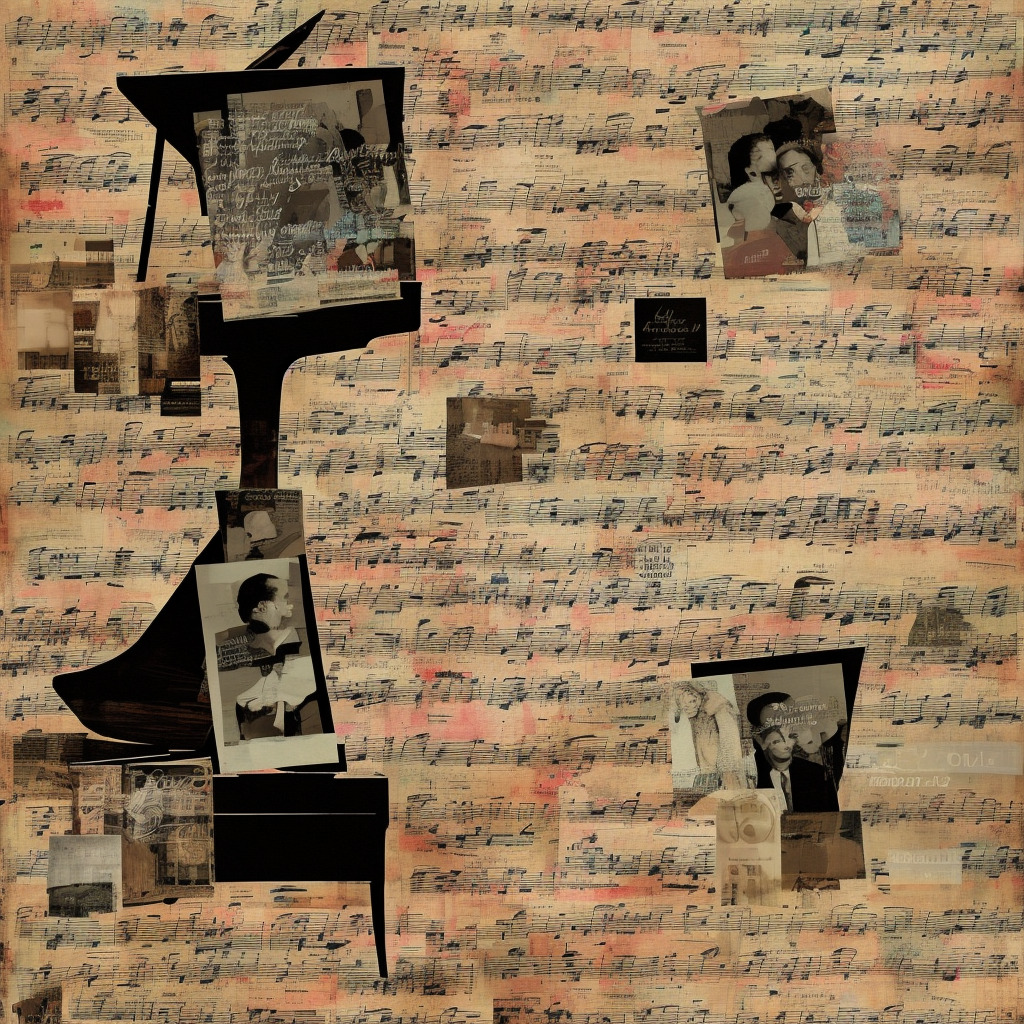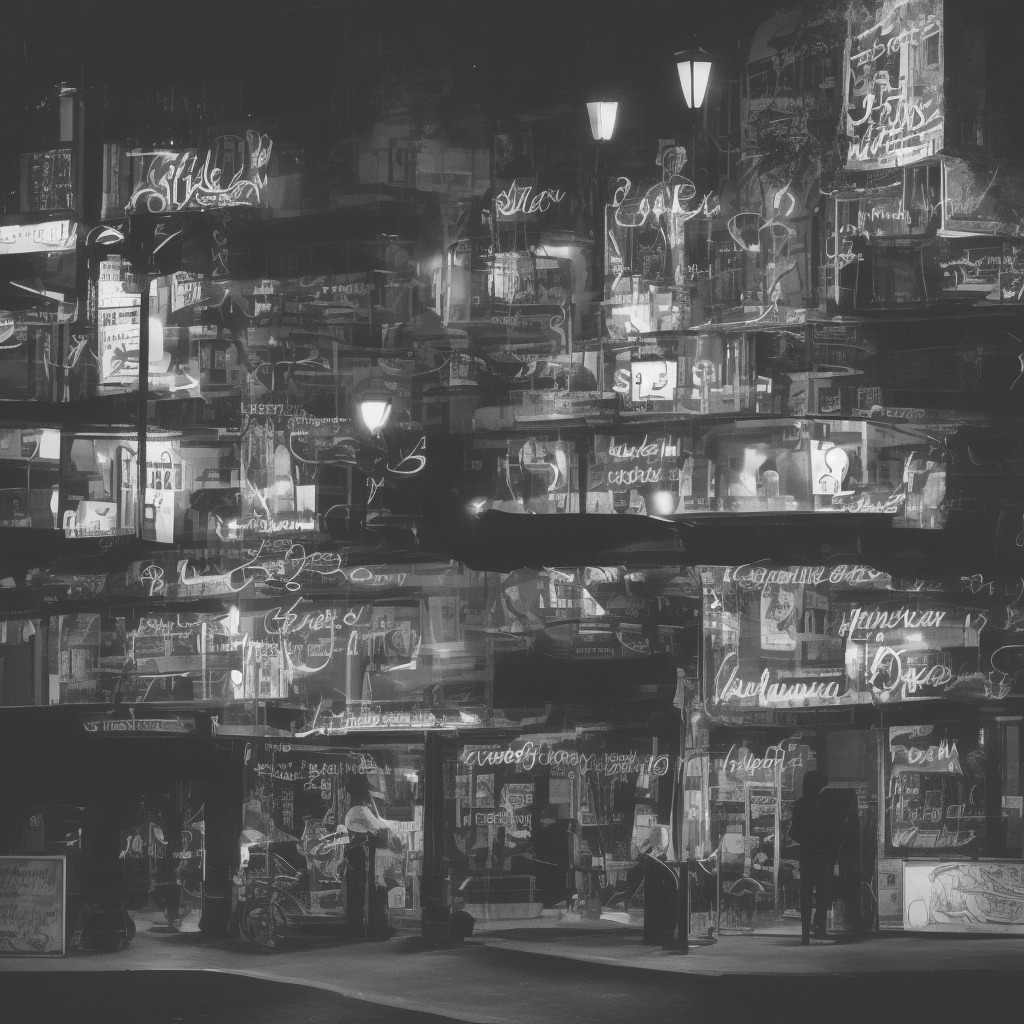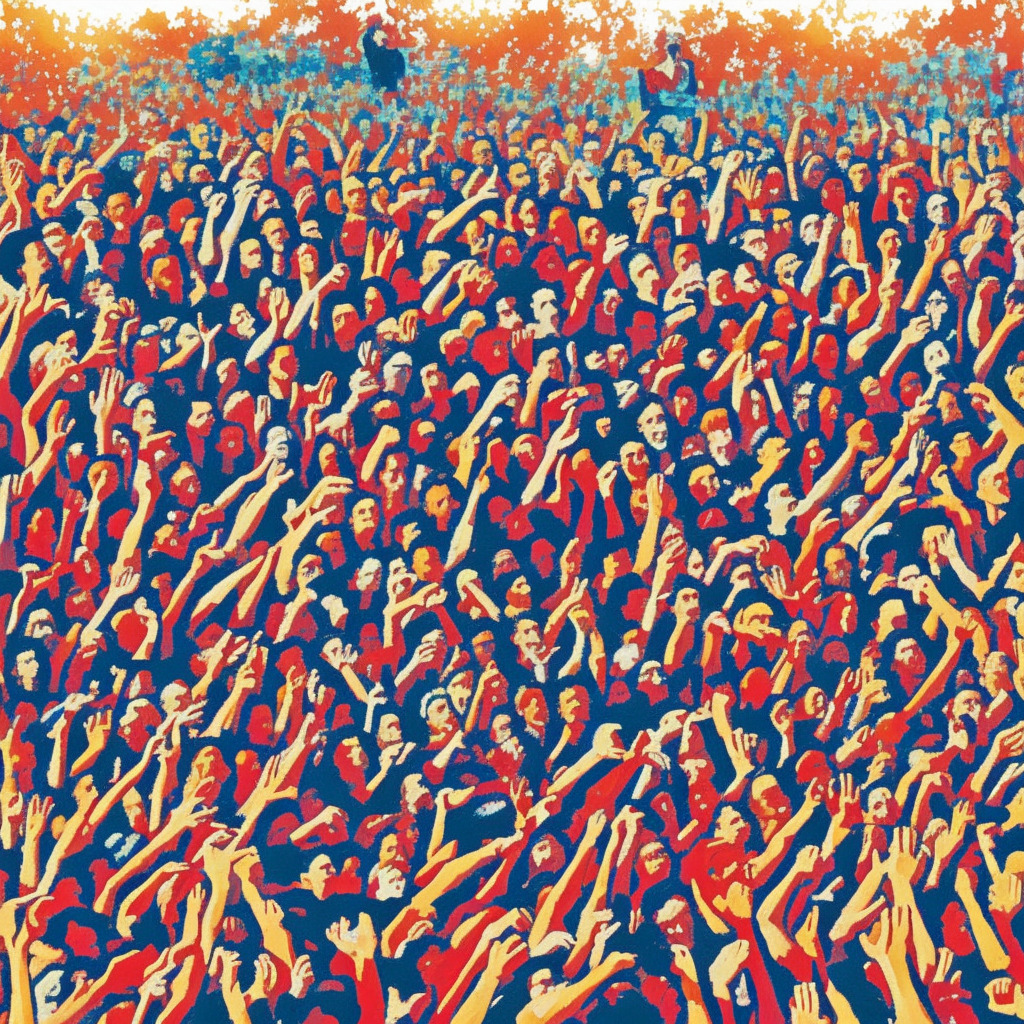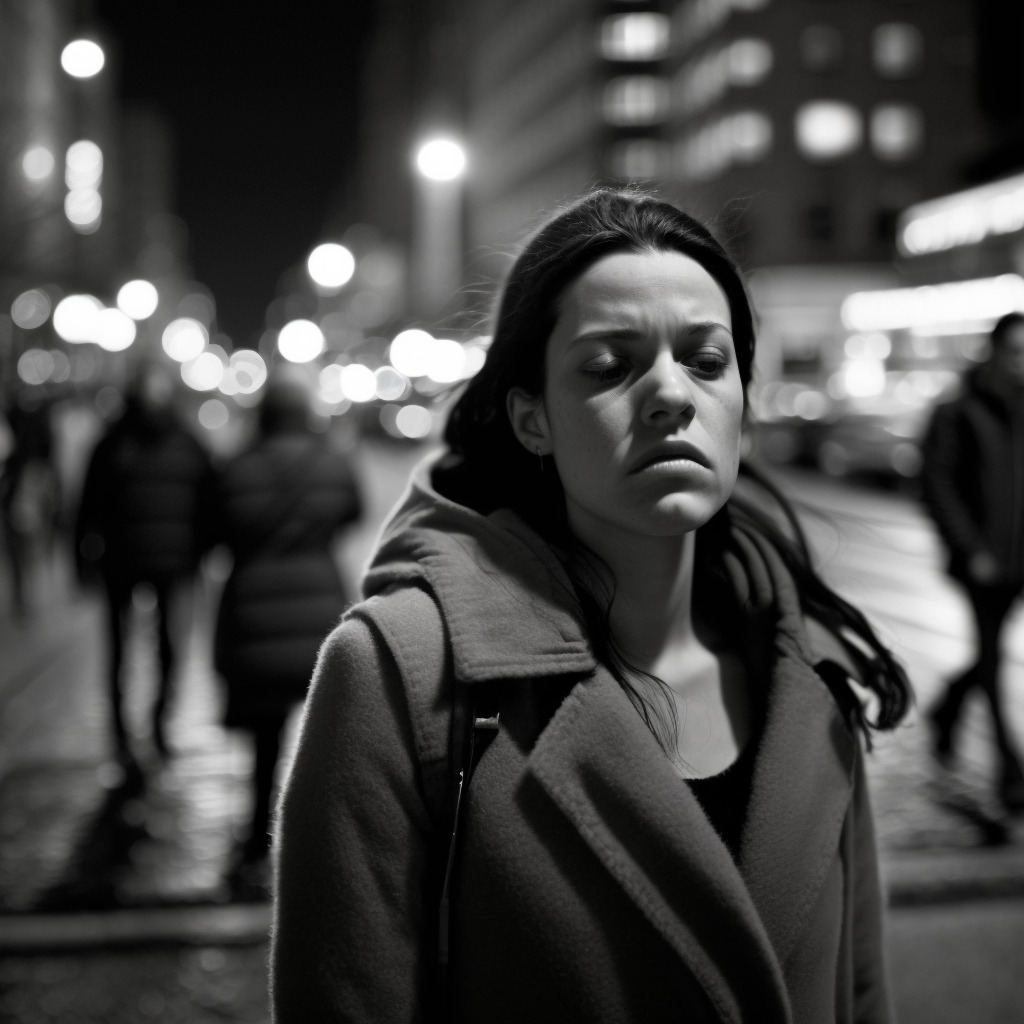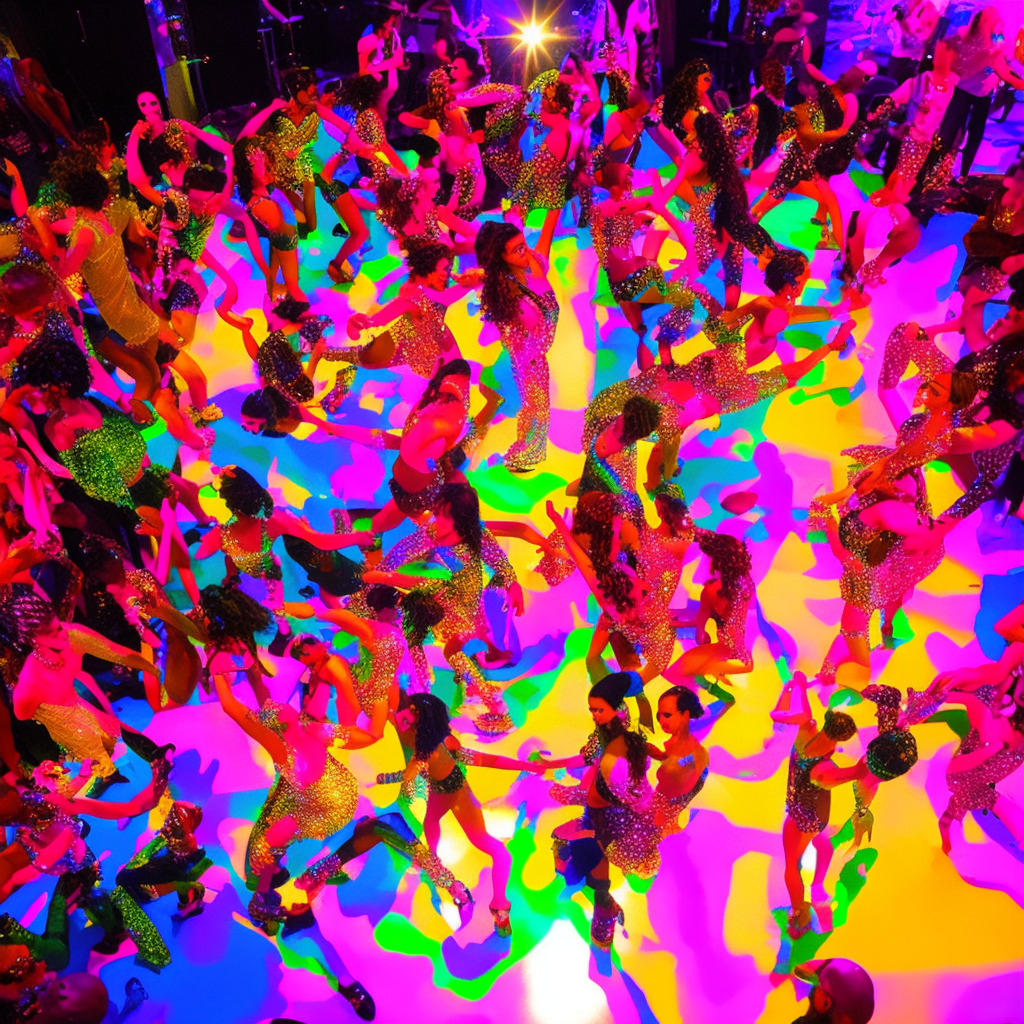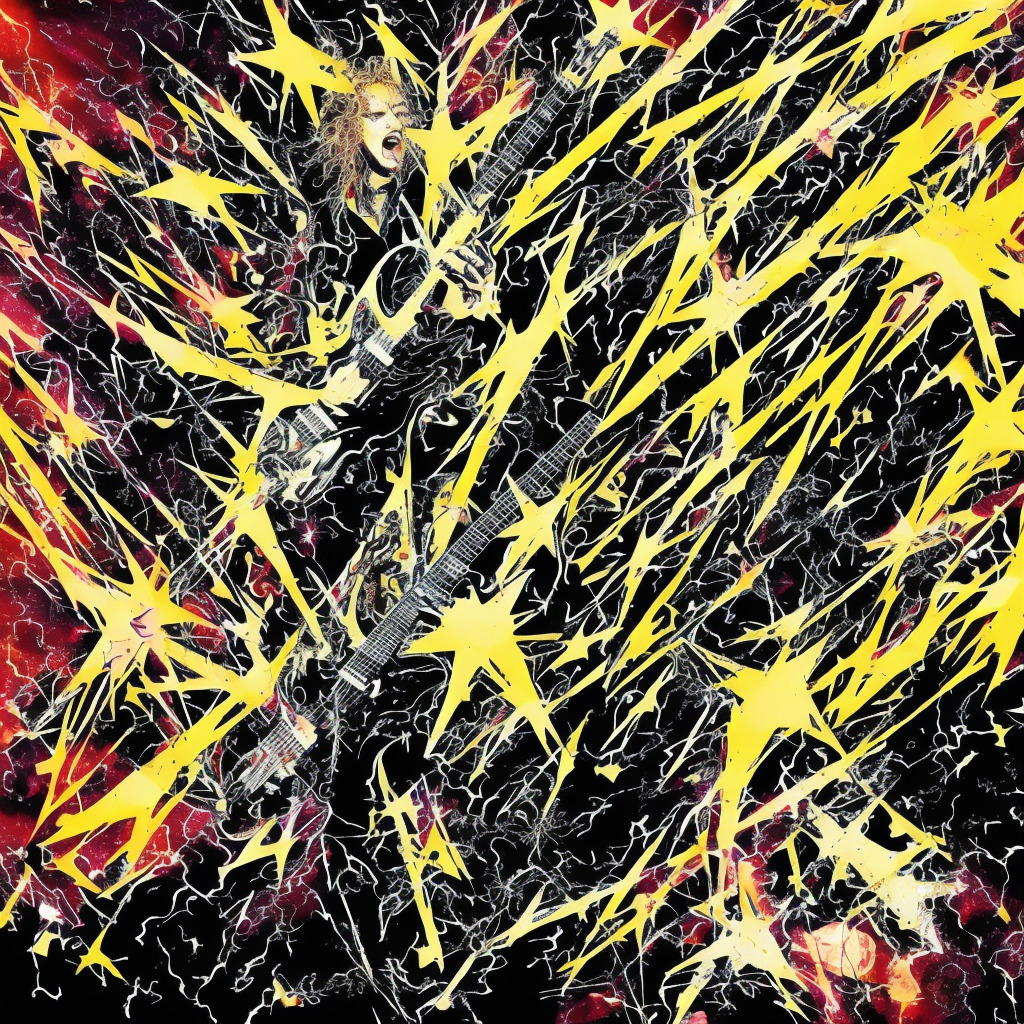🎶 Did you know “Muskrat Love” was first a hit for Willis Alan Ramsey in ’72 before The Captain & Tennille made it a love anthem in ’76? Talk about a groovy transformation! 🕺❤️ 🎵 #MuskratLove #CaptainAndTennille #ThrowbackThursday #FunFact #MusicTrivia Read about it: tinyurl.com/4tpc2828
Unraveling the Enigmatic Duo Behind “Muskrat Love”
Dive into the whimsical world of ’70s pop icons The Captain & Tennille, as we explore their enigmatic charm and the enduring allure of their quirky hit, “Muskrat Love.”
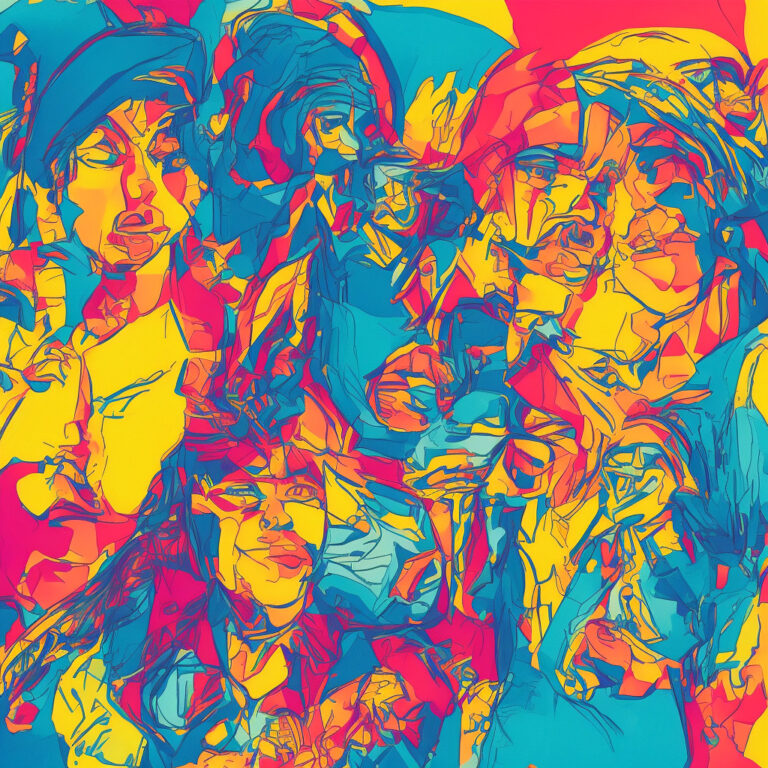
The Captain & Tennille, a 70s American pop duo, showcased their unique talents with their rendition of “Muskrat Love.” The song, originally titled “Muskrat Candlelight” and written by Willis Alan Ramsey, was first recorded by America in 1973, and it saw a resurgence in popularity when The Captain & Tennille released their version in 1976. The mysterious pair comprised of the enigmatic Captain, Daryl Dragon, and his then-wife, the talented Toni Tennille.
Daryl Dragon, a keyboardist and son of Hollywood composer Carmen Dragon, earned the moniker “Captain” due to his penchant for wearing a captain’s hat while performing. Toni Tennille, a native of Alabama, lent her powerful voice to their musical partnership. The duo shot to fame with their 1975 hit “Love Will Keep Us Together,” which topped the charts and won them a Grammy Award for Record of the Year.
“Muskrat Love,” the duo’s third single off their sophomore album, “Song of Joy,” raised a few eyebrows with its whimsical lyrics about muskrats Susie and Sam and their romantic escapades. Despite its bizarre subject matter, the song managed to reach #4 on the Billboard Hot 100 chart. The Captain’s expertise on the keyboard and Tennille’s sultry vocals combined with the catchy melody helped them achieve this commercial success.
However, it’s worth noting that “Muskrat Love” was not universally loved. The song did face backlash from critics for its seemingly nonsensical lyrics and quirky theme. Nonetheless, The Captain & Tennille’s version of “Muskrat Love” remains a staple of 70s pop culture and continues to evoke nostalgia among fans of that era.
Throughout their career, The Captain & Tennille released several albums, with varying degrees of success. While their popularity began to wane in the 80s, their contributions to the music industry, particularly within the pop genre, are undeniable. The duo divorced in 2014 but remained friends until Dragon’s passing in January 2019.
In looking back at The Captain & Tennille’s unique blend of music and unconventional lyrics, it’s evident that they managed to carve out a niche in pop history. Though “Muskrat Love” may not be everyone’s cup of tea, the song remains an iconic example of the duo’s captivating and unforgettable sound.
Charting the Course of a Rodent Romance
“Muskrat Love” – the quirky Captain & Tennille hit that defied the odds and charmed the ’70s music scene, proving that even a rodent romance can capture hearts and climb the charts.
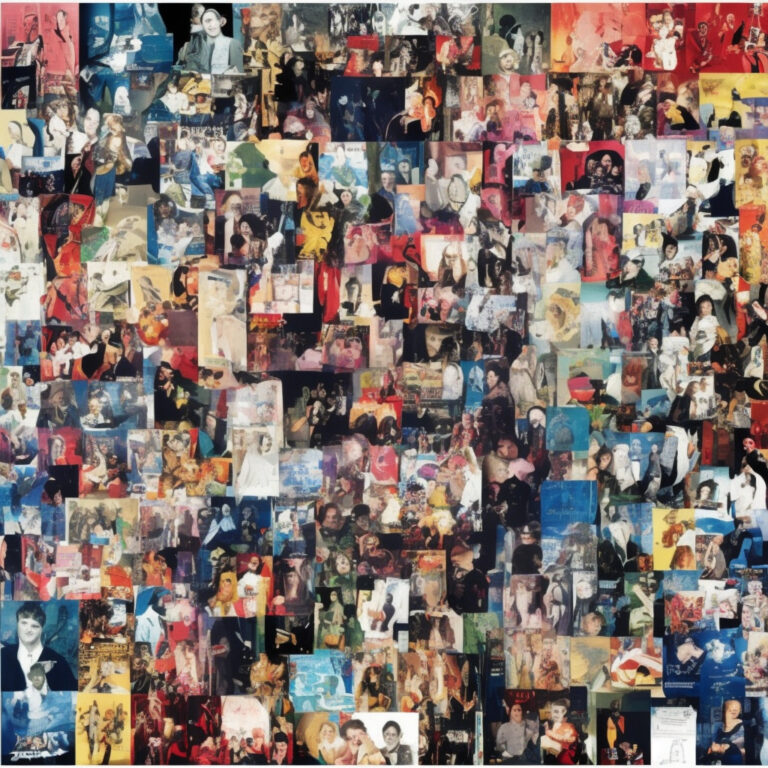
“Muskrat Love” by the Captain & Tennille was released on August 1976 as the third single from their album “Song of Joy.” Despite its quirky theme and divided reception, the song managed to captivate audiences and climb the charts, leaving an indelible mark on the music scene of the decade.
Upon its release, “Muskrat Love” entered the Billboard Hot 100 chart at a relatively modest position of #89. However, the initial chart position didn’t stop the song from gaining traction over the weeks that followed. In fact, the song went on to peak at an impressive #4 on the Billboard Hot 100, spending a total of 19 weeks on the chart.
Beyond its success on the main chart, “Muskrat Love” also found a place on the Billboard Adult Contemporary chart, where it held the #2 spot for two consecutive weeks. On the Cash Box Top 100, the song reached #5, adding to its chart achievements.
In Canada, the song managed to break into the RPM Top Singles chart, peaking at #7, while it also made a dent on the Australian Kent Music Report chart, where it reached #30.
These chart successes cemented “Muskrat Love” as a memorable hit for the Captain & Tennille, and despite its polarizing nature, the song has become an inevitable part of the duo’s musical legacy, standing alongside their other chart-topping hits such as “Love Will Keep Us Together” and “Do That to Me One More Time.”
As a testament to the song’s lasting impact, its chart performance remains a fascinating piece of trivia for music enthusiasts and a reminder of the unpredictable nature of the music industry, where even an unconventional love story between two muskrats can resonate with audiences and climb the charts.
Unraveling the Tale of Muskrat Love
Muskrat, muskrat candlelight
Doin’ the town and doin’ it right in the evenin’
It’s pretty pleasin’
Muskrat Susie, Muskrat Sam
Do the jitterbug at a Muskrat Land
And they shimmy, Sam is so skinny
And they whirled and they twirled and they tangoed
Singin’ and jinglin’ the jango
Floatin’ like the heavens above
It looks like muskrat love
Nibblin’ on bacon, chewin’ on cheese
Sam says to Susie, “Honey, would you please be my missus?”
And she say yes
With her kisses
And now he’s ticklin’ her fancy
Rubbin’ her toes
Muzzle to muzzle, now anything goes
As they wriggle, and Sue starts to giggle
Delving into the lyrics of “Muskrat Love” by The Captain & Tennille, we find an intriguing narrative of two muskrats, Susie and Sam, and their romantic escapades. At first glance, the lyrics may seem quirky and light-hearted, yet there is more to be uncovered about the meaning behind them and how they relate to the era in which the song was created.
“Muskrat Love” was released in 1976, a time when America was going through significant changes. The country was grappling with the aftermath of the Vietnam War and the Watergate scandal, among other political and social upheavals. Amidst this turbulent backdrop, the lyrics of “Muskrat Love” offered a form of escapism, presenting a whimsical tale of love and happiness that was a stark contrast to the realities of the time.
The lyrics portray a simple love story, with Muskrat Susie and Muskrat Sam dancing, laughing, and eventually becoming a committed couple. Their innocent and carefree romance, described through lines such as “Floatin’ like the heavens above / It looks like muskrat love,” reflects a desire for a return to simpler times and uncomplicated relationships. In this sense, the song resonates with listeners who yearned for an escape from the complexities and uncertainties of life in the mid-1970s.
Furthermore, the playful, almost childlike language used in lines such as “Nibblin’ on bacon, chewin’ on cheese” and “Sue starts to giggle” reinforces the themes of innocence and simplicity. This lighthearted approach to storytelling through song was characteristic of The Captain & Tennille’s style, and it allowed them to create a sense of nostalgia and warmth for their listeners.
In conclusion, while “Muskrat Love” may initially seem like an amusing and peculiar tale of rodent romance, a deeper look reveals its significance as a reflection of the spirit of the time. The song’s lyrics capture the essence of simpler times and the desire for love and happiness amidst a period of social and political unrest. As such, “Muskrat Love” remains a beloved and enduring tune that continues to charm and enchant listeners even today.
A Visual Ode to “Muskrat Love”: A Dive into the World of Fan Videos
Diving into the whimsical world of “Muskrat Love” fan videos: from heartwarming stop-motion animation to nostalgic concert montages, the song’s visual legacy lives on.
Although a music video was never officially created for The Captain & Tennille’s iconic 1976 hit “Muskrat Love,” the internet has graciously filled the void with various fan-made videos and YouTube tributes. This section will explore some of these creative endeavors, highlighting the details and thought put into their production, and the way they relate to the song’s whimsical nature.
One particularly noteworthy tribute is a stop-motion animation video that features two adorable muskrats in a romantic setting, seemingly dancing to the tune of “Muskrat Love.” The creator of this video, YouTube user TheAnimatedDuo, utilized a combination of clay figures and intricate puppetry to bring the muskrats to life. The attention to detail paid in this video, from the flickering of the candles to the swaying of the trees, make it a heartwarming visual representation of the song’s theme.
Another fan video takes a different approach, instead opting for a compilation of live concert footage of The Captain & Tennille performing “Muskrat Love” throughout the years. This video, created by YouTube user VintageTVLover, gives viewers a nostalgic glimpse into the duo’s lively stage presence and their captivating chemistry. Seeing the band’s changing wardrobe and stage design through the years adds a delightful touch of nostalgia, which is sure to please both longtime and new fans alike.
Yet another video offers a more humorous take on the song, editing together various clips of muskrats from nature documentaries and online videos, set to the tune of “Muskrat Love.” The video, created by YouTube user NatureLover123, cleverly synchronizes the movements of the muskrats with the song’s instrumental sections, creating an amusing and lighthearted tribute.
Though an official music video for “Muskrat Love” may not exist, the passion and creativity displayed in these fan-made videos ensure the song’s lasting visual legacy. From animated muskrats to nostalgic concert montages, these videos capture the essence of the timeless tune and celebrate its place in music history.
The Mastermind Behind “Muskrat Love”: Willis Alan Ramsey
Willis Alan Ramsey, the composer of the timeless hit “Muskrat Love”, is a talented singer-songwriter hailing from Birmingham, Alabama. With a career spanning over five decades, Ramsey has crafted a unique sound that blends country, folk, and blues, earning him a dedicated following and widespread critical acclaim. In addition to “Muskrat Love”, which was originally titled “Muskrat Candlelight”, Ramsey is best known for his self-titled debut album released in 1972. This album features several other notable tracks, including “Ballad of Spider John” and “Geraldine and the Honeybee”. The album’s success caught the attention of notable artists such as Waylon Jennings, Jerry Jeff Walker, and Jimmy Buffett, who went on to cover some of Ramsey’s popular songs. Despite his relatively small discography, Willis Alan Ramsey’s songwriting prowess has left a lasting impact on the music industry, with “Muskrat Love” undoubtedly being one of his most iconic compositions.
A Dive into the Song’s Accolades and Legacy
“Muskrat Love”: Chart-topping rodent romance that’s left its pawprints across pop culture, from films to parodies since 1976.
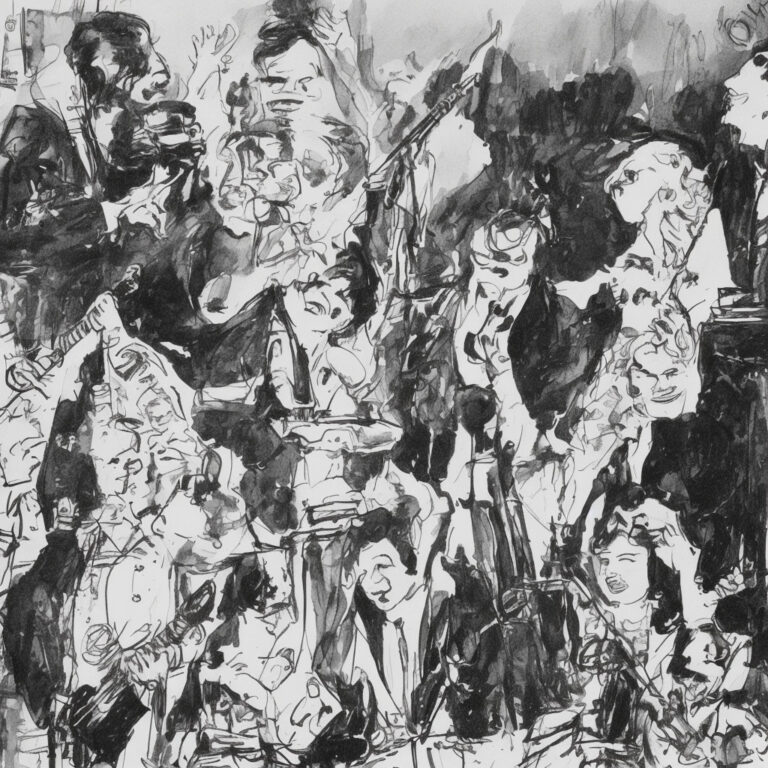
“Muskrat Love” by The Captain & Tennille has a fascinating history of awards, accolades, and appearances in various media formats over the years. Released in 1976, it climbed to a peak position of number four on the Billboard Hot 100, solidifying its status as a commercial success. The song’s whimsical take on romance between two muskrats captured the hearts of listeners, making it a memorable entry in pop music history.
In terms of accolades and recognition, “Muskrat Love” has been featured in multiple TV shows, films, and games over the years. For instance, it appeared in the 2003 Jim Carrey film “Bruce Almighty” and 2012’s “Argo,” directed by Ben Affleck. In addition, the tune made its way into the soundtrack of the video game “Driver: Parallel Lines” in 2006.
Throughout the years, “Muskrat Love” has inspired several cover versions by different artists. The song was originally written by Willis Alan Ramsey in 1972 under the title “Muskrat Candlelight.” It gained early popularity through a cover by the rock band America in 1973, which peaked at number 67 on the Billboard Hot 100. However, it was The Captain & Tennille’s rendition in 1976 that brought the song to widespread fame and secured its place in the annals of pop music.
Despite its love-it-or-hate-it reputation, this enigmatic tune has maintained a presence in cultural conversations over the years. Its quirky lyrics and playful melody have even inspired parody versions, including one by radio personality Dr. Demento and another by comedy music duo Pinkard & Bowden. Regardless of whether you consider “Muskrat Love” a romantic classic or a novelty hit, its impact on popular culture is undeniable.
Dissecting the Melodic Charm
Delving into the musical structure of “Muskrat Love,” one cannot help but notice its catchy melody and the overall simplicity that allows listeners to easily sing along. The song is written in the key of D Major, which is known for its bright and uplifting tonal quality. This key choice complements the lighthearted, romantic theme of the song, making it an instant earworm for many listeners.
The chord progression in the verses primarily follows a I-IV-V pattern (D-G-A), which is a common structure in popular music due to its pleasing and harmonious sound. This progression gives the song a familiar and comfortable feel, making it accessible to a wide audience. In the chorus, the progression shifts to a I-V-vi-IV pattern (D-A-Bm-G), which adds a slight twist to the structure and keeps the listener engaged. The simplicity of the chord progression creates a perfect canvas for the captivating melody to shine.
“Muskrat Love” features a moderate tempo, clocking in at around 80 beats per minute (BPM). This laid-back tempo allows for the playful and delicate nuances of the song to be fully appreciated, while also making it an ideal track for slow dancing or background music at social gatherings. The rhythm section maintains a steady groove throughout, providing ample support for the melodic content without overpowering it.
Another notable aspect of the song is the use of synthesizers and electric piano, which were innovative at the time of the song’s release. These instruments add a layer of warmth and richness to the overall sound, enhancing the listening experience. The electric piano carries the main melody, while the synthesizers provide additional harmonic support and textural elements.
The vocal harmony in “Muskrat Love” is also worth mentioning. The Captain & Tennille’s signature tight harmonies are on full display here, with Tennille’s smooth lead vocals blending seamlessly with The Captain’s backing vocals. The harmonies add depth and complexity to the song, further contributing to its timeless appeal.
In summary, the musical structure of “Muskrat Love” showcases a perfect blend of simplicity, innovation, and melodic charm, which has undoubtedly played a significant role in its enduring popularity. The song’s straightforward chord progression, moderate tempo, and engaging instrument choices create a memorable listening experience that continues to resonate with fans of all ages.


